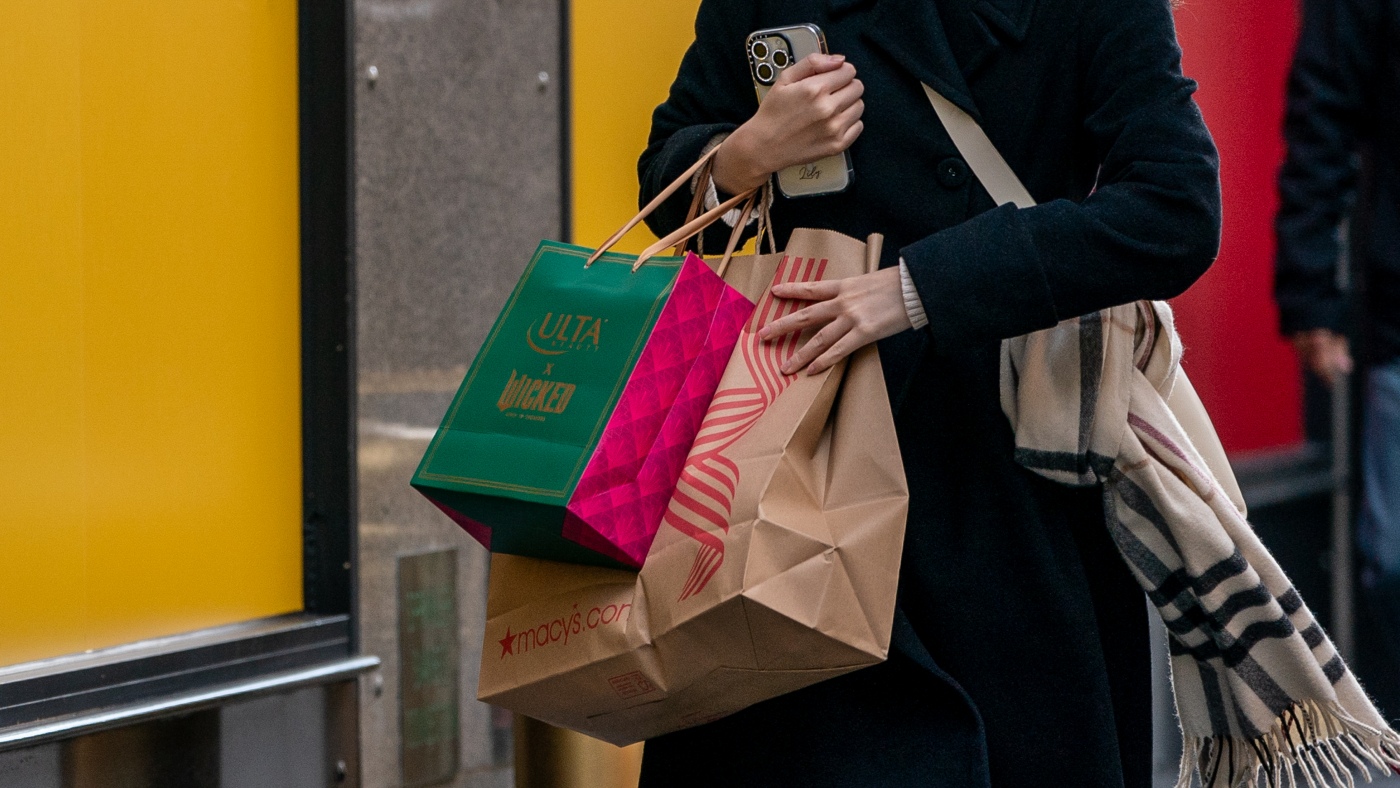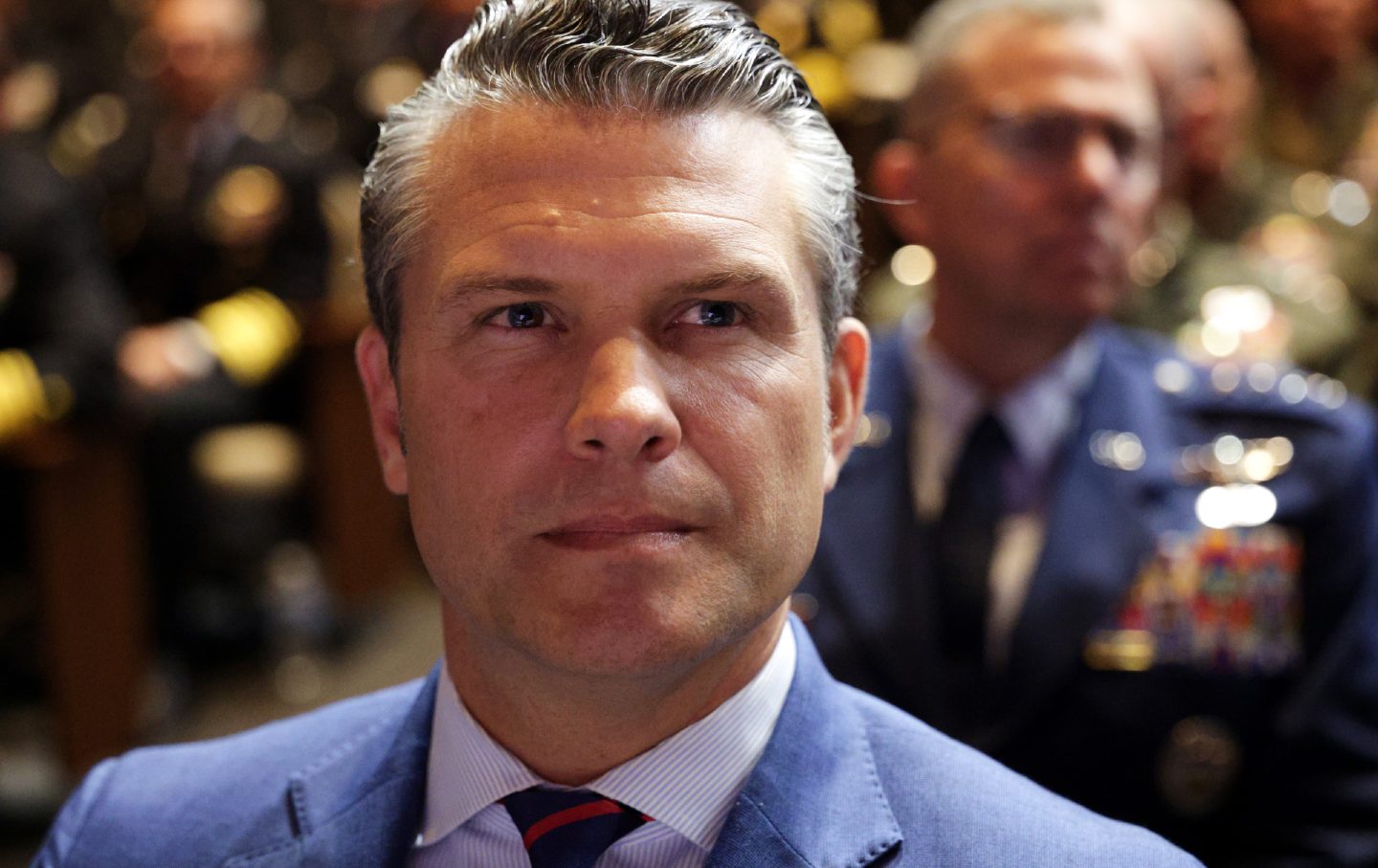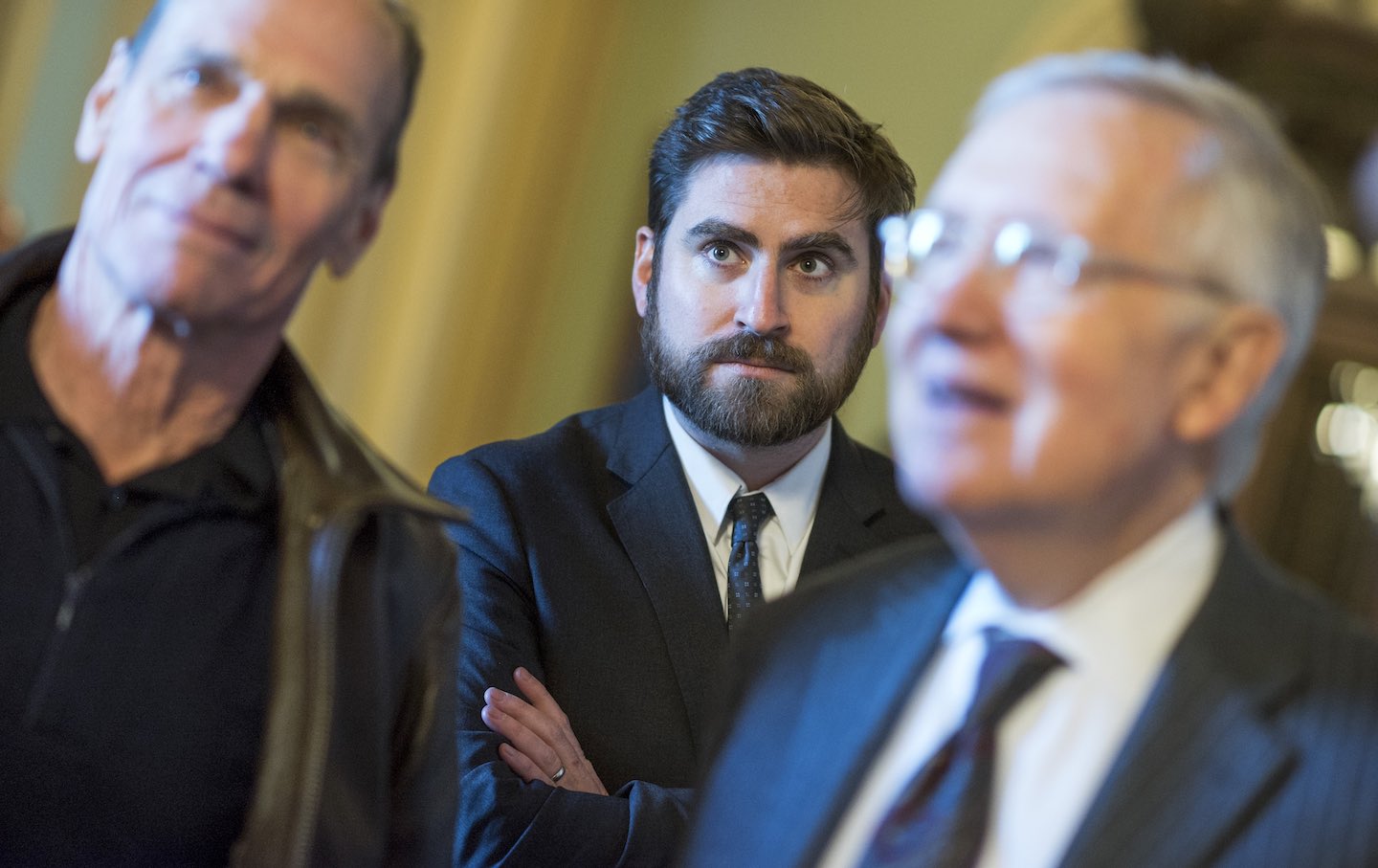
The holiday season is upon us, marked by a flurry of gift-giving, Black Friday madness, and the pursuit of festive experiences. Yet, as we prepare for this time of year, we must confront the harsh realities that many consumers face: a landscape marred by inflation, stagnant wages, and a job market that shows no signs of recovery. NPR is inviting us to share our holiday shopping plans, but beneath this seemingly benign inquiry lies a pressing question about our collective economic state and the ethical implications of our spending choices.
In an era defined by economic disparity, the question of holiday spending is not just personal; it is political. The current environment, characterized by rising costs of living and new tariffs, forces many individuals and families to reconsider their financial priorities. For some, the holidays may spark a time of financial tightening, where gift lists are abbreviated, and extravagant displays of consumerism are replaced with thoughtful gestures. Others may feel compelled to splurge, driven by the desire to provide for loved ones despite the financial strain. The choices we make reflect not just individual circumstances but also the larger systemic failures that create and exacerbate economic inequality.
The rising cost of living is a direct reflection of a system that prioritizes corporate profits over the well-being of its citizens. It’s a system that has allowed wealth to concentrate in the hands of a few, leaving the majority scrambling to make ends meet. As we navigate our holiday budgets, we must ask ourselves: who benefits from our spending? Are we supporting local businesses and ethical brands, or are we inadvertently feeding into the same corporate structures that contribute to our financial struggles?
Moreover, the impact of these choices extends beyond the holiday season. The way we choose to spend our money is a powerful expression of our values. In this context, holiday shopping becomes a moral decision. Supporting businesses that align with our principles of social justice and equality is essential. It is not enough to simply purchase gifts; we must also consider the conditions under which those gifts are made and the broader implications of our economic choices.
As we prepare for the holiday rush, let’s take a moment to reflect. Are we perpetuating a cycle of consumption that disregards the human rights of workers in global supply chains? Are we contributing to a culture that values materialism over community and connection? The answers to these questions are not merely academic; they have real-world consequences for people around the globe.
NPR is not asking us just for anecdotal evidence about our shopping plans. They are inviting us to engage in a broader conversation about the economic realities we all face. As we submit our responses, let us remember the responsibility that comes with our choices. Let us advocate for a society that prioritizes equity and accountability, not just during the holidays but throughout the entire year.
This season of giving can be an opportunity for reflection and action. As we consider our holiday spending, let’s ensure that we are contributing to a more just and equitable world. The act of giving should not be weighed down by the burdens of the very system we seek to challenge. Rather, it should inspire us to create change, to demand better from our economy, and to uphold the principles of social justice as we celebrate the joy of the season.
This article highlights the importance of Spending Amidst Inequality.


